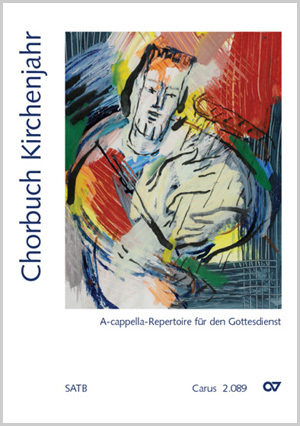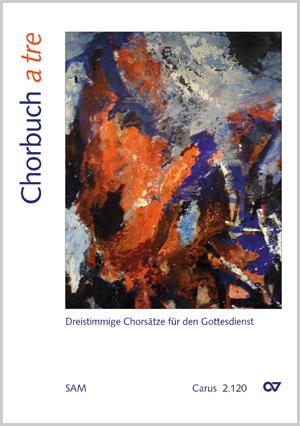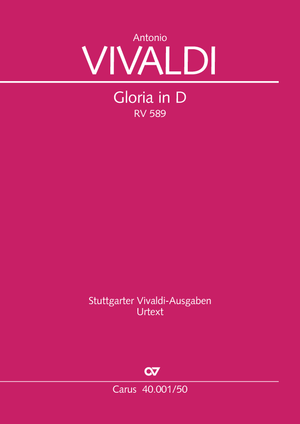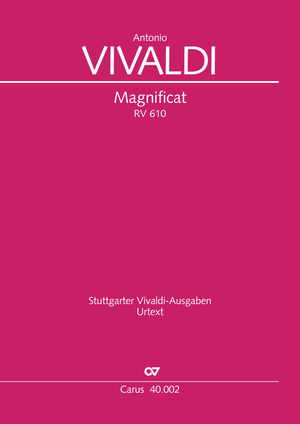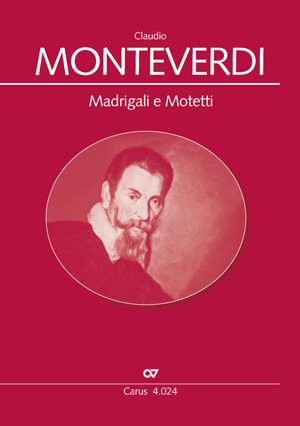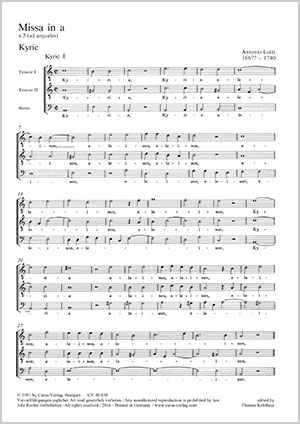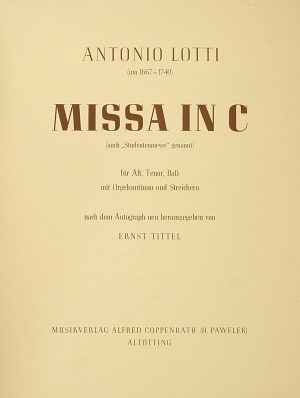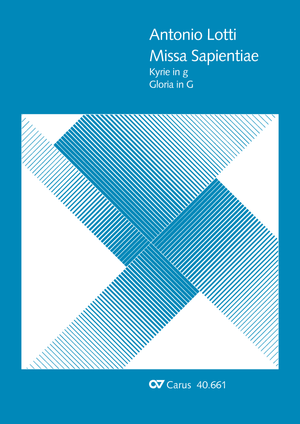
Missa Sapientiae
Kyrie in G minor and Gloria in G major
Antonio Lotti was employed at St. Mark’s Basilica in Venice for almost his entire life. In 1717, however, he was lured for two years to Dresden by the Saxon court as a composer of operas. A score of his Kyrie in G minor and his Gloria in G major, combined under the title Missa Sapientia, was later found amongst the personal belongings of Dresden court composer Jan Dismas Zelenka.
Zelenka was not the only one person impressed by the Mass: at least two other illustrious composers had copies made, namely Johann Sebastian Bach and George Frideric Handel. Indeed, the Mass is a magnificent piece, following the concertante style of the time, with a brilliant yet warm string sound (2 violins and 2 violas).
-
Composer
Antonio Lotti
| 1667-1740
-
Editor
Wolfgang Horn
| 1956-2019
-
Vocal score arranger
Volkher Häusler
| 1958
-
Continuo realization
Wolfgang Horn
| 1956-2019
Reviews
Antonio Lotti: Missa Sapientiae
Antonio Lotti: Missa Sapientiae
Es ist sicher eine Seltenheit, dass eine kirchenmusikalische Komposition von J. S. Bach teilweise abgeschrieben wird, und auch G. F. Händel eigenhändig in Auszügen kopiert wurde; letzterer verwendete einiges daraus in eigenen Opern bzw. in Oratorien. Antonio Lottis Messe, bestehend aus Kyrie in g und Gloria in G, eine so genannte Nummernmesse, wurde dieser Ruhm zuteil. Die Hauptquelle ist eine Kopie aus dem Besitz des Dresdner Kirchenmusikers J. D. Zelenka. Das Orchester ist dabei mit einer konzertierenden Trompete, zwei Violinen und zwei Oboen, die in manchen Sätzen auch solistische Aufgaben übernehmen, einer Flauto traverso ad lib. zwei Violen und dem Generalbass, farbig besetzt. Die Harmonik ist ausdrucksstark und verrät den versierten Opernkomponisten, der die Affekte einzusetzen weiß. Die einzelnen Sätze sind in der Kompositionstechnik unterschiedlich gestaltet; so sind neben konzertierenden Sätzen für ein Soloinstrument und Singstimme auch Fugen „in style antici” sowie Anklänge an Doppel- und Dreichörigkeit zu finden. Die Aufgaben für den Chor sind, bei eingängiger Themenbildung, nicht allzu schwierig. Den Solisten stellen sich, vor allem im Ensemble, schöne Aufgaben. Bei einer Länge von etwa 30 Minuten ein lohnender Programmpunkt für das geistliche Konzert, das Kyrie allein könnte ich mir auch im Gottesdienst gut vorstellen.
Roland Büchner
Quelle: Musica Sacra 1/93, S. 77f.
Frequent questions about this work
 There are no questions and answers available so far or you were unable to find an answer to your specific question about this work? Then click here and send your specific questions to our Customer Services!
There are no questions and answers available so far or you were unable to find an answer to your specific question about this work? Then click here and send your specific questions to our Customer Services!




